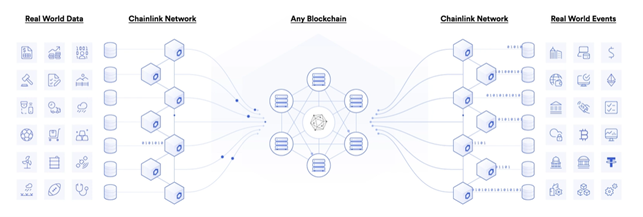🚀 The Future of Digital Assets: Seeking Insights & Opportunities
Hey crypto enthusiasts and financial innovators! 👋 As we navigate the ever-evolving landscape of digital assets in 2025, I’m reaching out to tap into the collective wisdom of my network.
🔮 Question 1: What’s Your Take on Digital Assets’
Present & Future?
The crypto market is buzzing with potential:
- Total market cap projected to exceed $4 trillion by Q2 2025 📈
- Bitcoin entering its “Acceleration Phase” – are we on the cusp of new ATHs? 🌠
- Stablecoins gaining mainstream adoption (PayPal’s recent move, anyone?) 💳
What trends are you watching? How do you see digital assets reshaping finance?
I’m compiling insights for an upcoming newsletter report. Your expert opinion could be featured! 🌟
✍️ Question 2: Need Help with Crypto Content?
In this rapidly evolving space, clear, authoritative content is more crucial than ever. Whether it’s:
- Demystifying DeFi for newcomers 🧠
- Analyzing regulatory impacts on the market 📊
- Creating educational materials on blockchain tech 🔗
I’m here to help craft thought-provoking, SEO-optimized content that cuts through the noise.
Why partner with me?
- Deep understanding of crypto markets and technology
- Proven track record in financial writing (check out my recent piece for Morningstar Wealth: Crypto Asset Clarity)
- SEO expertise to ensure your content reaches the right audience
Know someone who could benefit from expert crypto content? Tag them below or DM me!
🔗 Let’s Connect!
- 💬 Share your thoughts on digital assets’ future
- 🤝 Suggest potential content collaboration opportunities
- 📩 DM me for a free content strategy consultation
Together, let’s shape the narrative of the digital asset revolution! 🌐💼
#DigitalAssets #CryptoContent #BlockchainInnovation #FinTech2025 #CryptoWriting
What I Wrote
Here’s the LinkedIn note I asked the Claude AI Agent to rewrite as an SEO optimized post:
I hardly need to mention that the outlook and business of digital asset and cryptocurrency has changed dramatically, but that is why I’m writing to you. I have two questions I’m asking of my LinkedIn connections with an interest in crypto:
- What’s your take on the present and future of digital assets? I plan to compile opinions for a report in my newsletter.
- Do you know anyone who could use my help writing articles, reports, or educational materials? It’s a good time for thought-provoking communications.
As an example, here’s a link to a piece I wrote for Morningstar Wealth on why advisors need to know about clients’ crypto portfolios: https://canright.co/CryptoassetClarity



